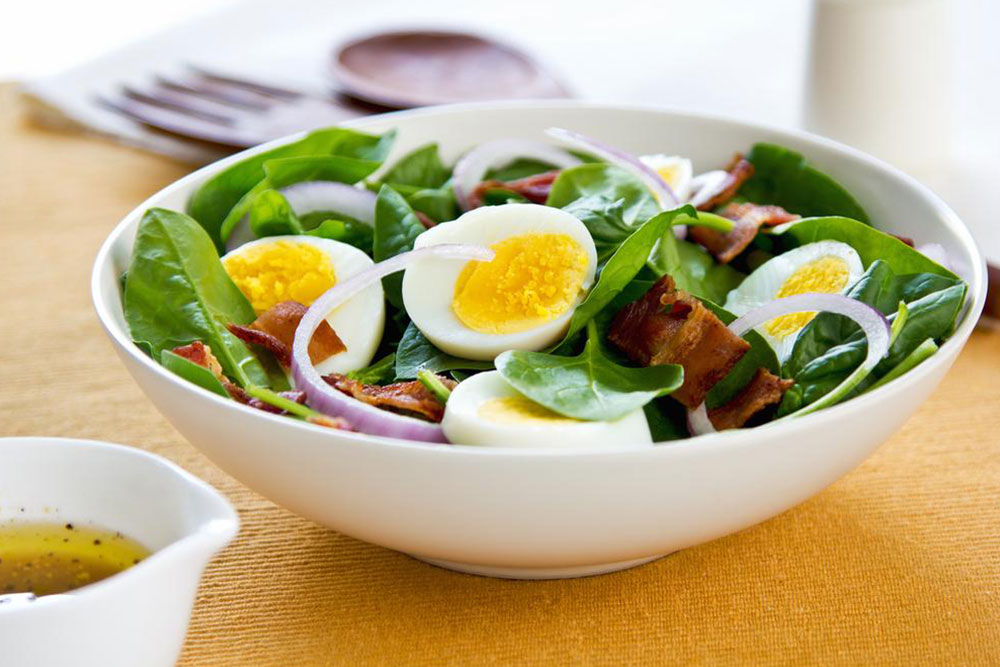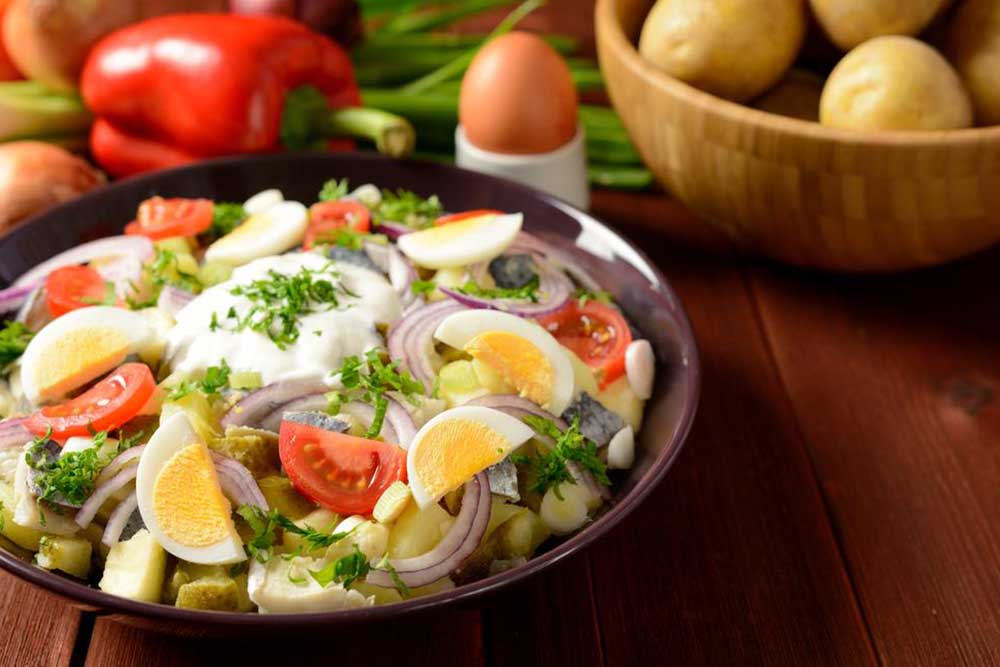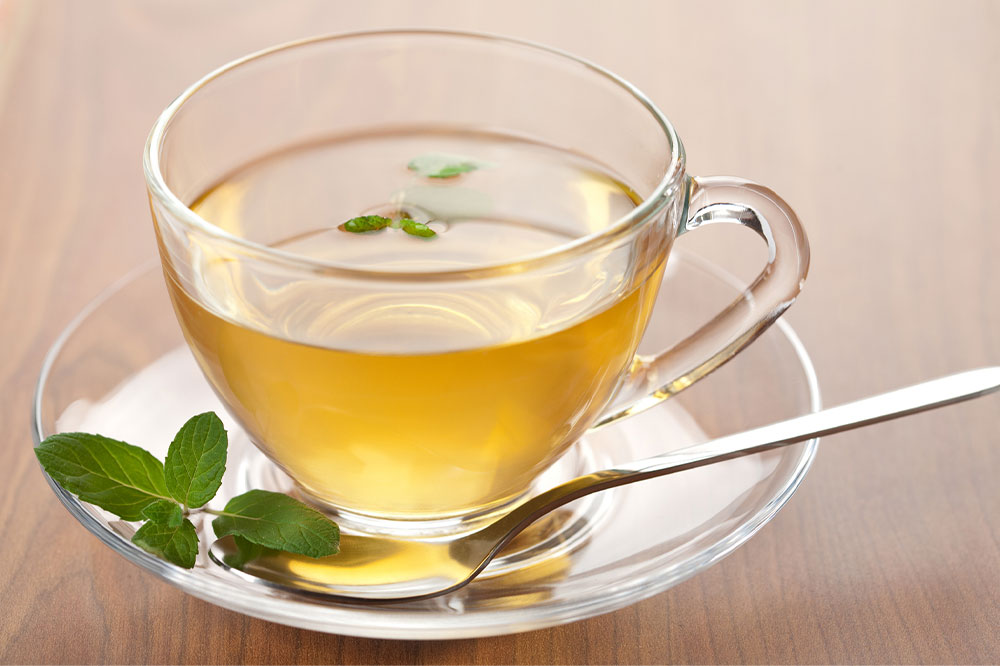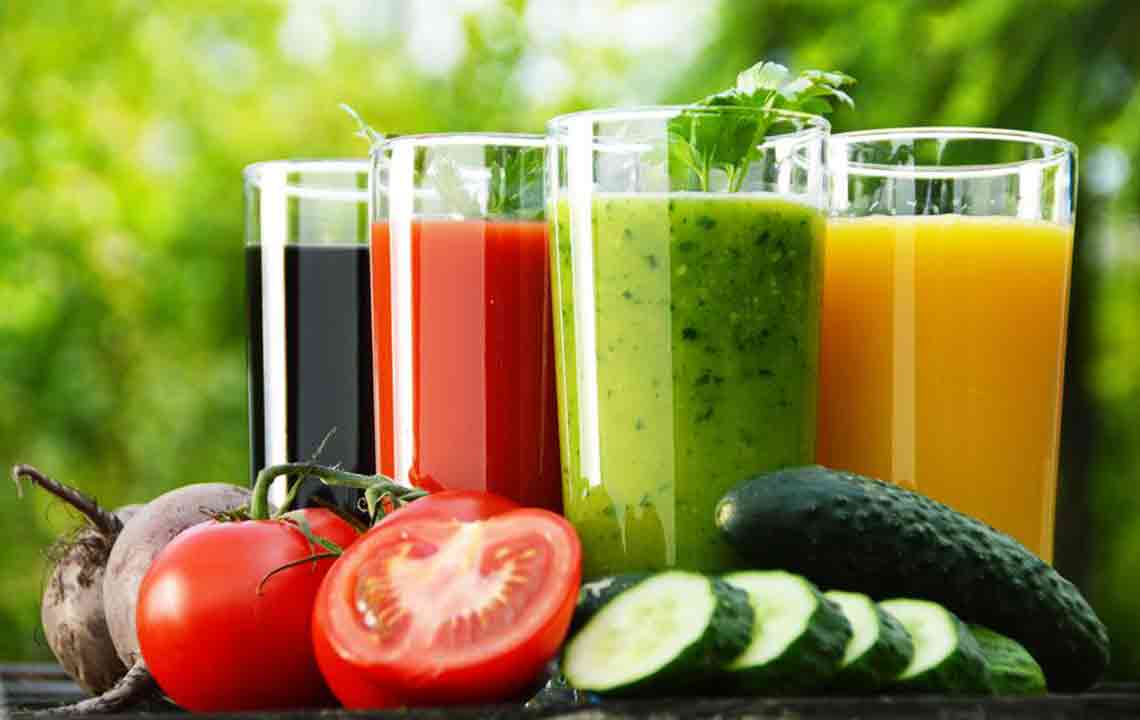Essential Nutritional Strategies for Maintaining Kidney Health
This comprehensive guide details essential dietary and lifestyle practices for maintaining healthy kidney function. It covers specialized diets for diabetic, stone-forming, and chronic kidney disease patients, emphasizing nutrient control and healthy habits to prevent kidney-related issues and support overall renal health.
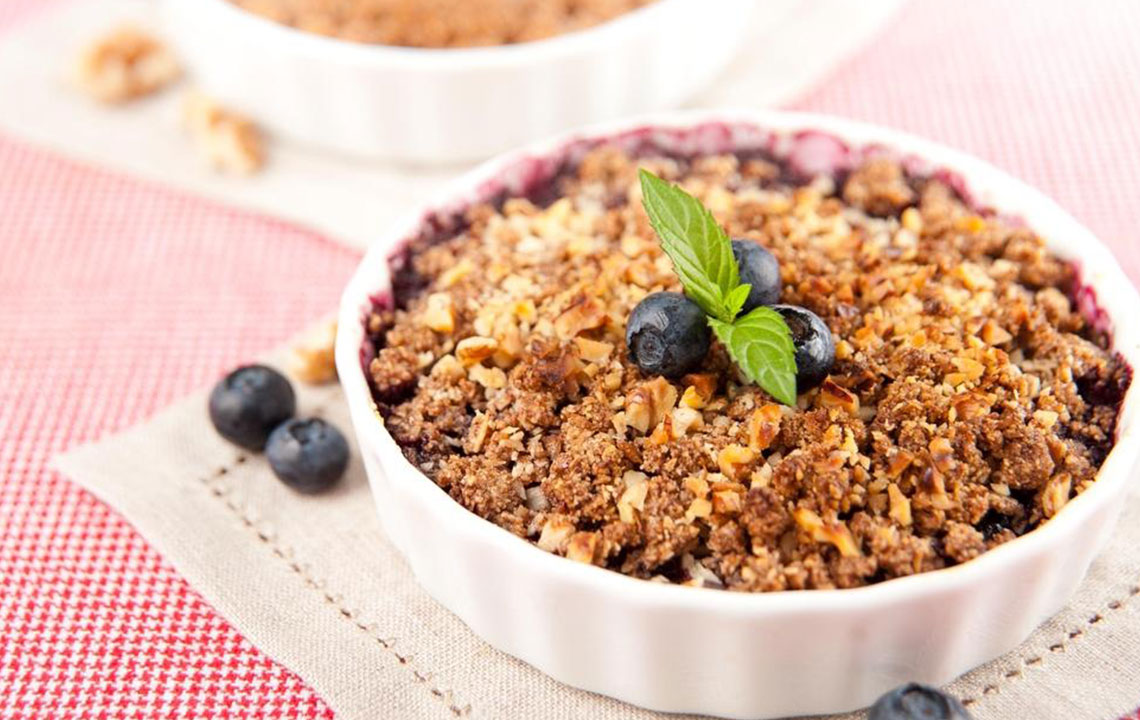
Essential Nutritional Strategies for Maintaining Kidney Health
The kidneys play a vital role in our body’s excretory system, helping to filter waste and regulate fluid levels. They remove excess substances from the blood, which are expelled as urine. When kidney function declines, it can disturb mineral and chemical balances, leading to harmful toxins buildup that hampers overall health.
Foods high in salt, artificial sugars, and heavy meat intake can strain the kidneys, impairing their function. Consuming a balanced diet with controlled nutrient levels, along with healthy habits, helps prevent renal issues.
High-salt processed foods cause water retention, increasing kidney workload. Heavy meats demand extensive metabolism, adding extra pressure. Adopting a kidney-friendly diet can help ward off disease. Besides diet, lifestyle factors such as smoking, painkiller overuse, dehydration, alcohol, and drug misuse can harm renal health, risking failure.
To support kidney function, it is crucial to follow a diet that limits salt, sugar, and unhealthy fats while promoting nutritious choices and healthy habits.
Explore these effective kidney diet plans for optimal health.
Diabetic Renal Diet
Patients with diabetes are prone to developing kidney complications. Elevated blood sugar levels increase the burden on kidneys, potentially causing infections, inflammation, and failure. This diet aims to stabilize blood glucose and reduce the workload by limiting fluids and waste processing, with carefully timed calorie and carbohydrate intake.
Recommended Foods
Skimmed or fat-free milk and plain yogurt
Whole grain bread, rye, or white wheat
Fruits like apples, strawberries, berries, grapes, and pineapple
Water, homemade herbal teas, or lemonades
Foods to Avoid
Sweetened dairy products and frozen desserts
Sugary cereals, salted snacks, and processed foods
High-potassium fruits such as bananas, avocados, dried fruits, kiwis, oranges, pomegranate
Sodas, alcohol, and canned fruit drinks
Low-Protein Diet
This diet benefits patients with compromised kidneys by minimizing urea buildup, which can be toxic. Since protein consumes nitrogen for processing, reducing protein intake decreases urea formation. Emphasis is on low-protein foods, mainly complex carbs and healthy fats, under medical supervision, with regular monitoring for safety.
Suitable Foods
Vegetables like lettuce, cucumber, celery, parsley, water chestnuts, and fruits such as apples
Bread, corn, potatoes
Foods to Limit or Avoid
Meat, eggs, fish, poultry
Yogurt, milk, cheese
Pulses and legumes
Kidney Stone Management Diet
Kidney stones are mineral or salt deposits forming in the kidneys, with types including calcium oxalate, calcium phosphate, uric acid, and cystine stones. Dietary modifications vary depending on stone type, especially regarding sodium, calcium, animal protein, and oxalate levels.
For Calcium-Based Stones
Consume dairy such as milk, cheese, yogurt, and citrus fruits like lemons and oranges
Lean meats and low-fat products
For Oxalate Stones
Limit foods like rhubarb, strawberries, spinach, and nuts
Avoid excessive tea or instant coffee; limit high-oxalate vegetables and processed snacks
Chronic Kidney Disease (CKD) Diet
CKD involves progressive loss of kidney function, often requiring dialysis in advanced stages. The diet focuses on reducing fluid and sodium intake to prevent toxic fluid buildup due to decreased urine output. Nutrient management varies with disease stage.
Recommended Foods
Fruits, grains, vegetables, and low-protein options
Hard candies, honey, and jelly for energy
Limited fish, eggs, and pork
Foods to Limit or Avoid
Milk, dairy products, and high-potassium fruits like bananas
Chocolates, nuts


